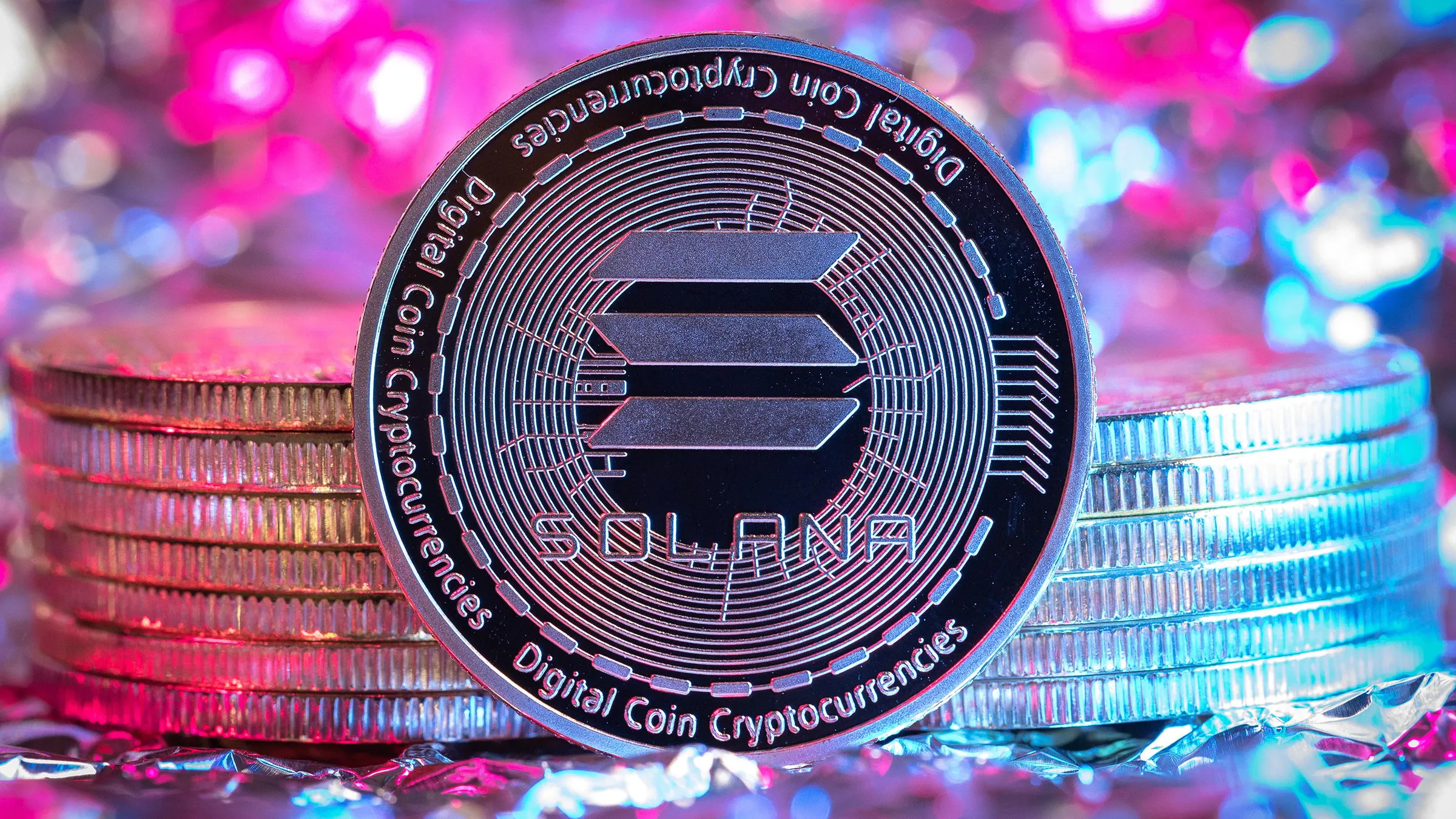VanEck filed an S-1 registration statement on Thursday for its “VanEck Solana Trust”—the first public attempt to launch a spot Solana (SOL) ETF in the United States.
The prospectus states that the product will be an “exchange-traded fund” designed to “reflect the performance of the price of Solana” by backing the Trust’s shares directly with SOL tokens. VanEck intends to list the ETF on the Cboe BZX Exchange.
“Neither the Trust nor the Sponsor… will engage in any action where any portion of the Trust's SOL is used to earn staking rewards, to earn additional SOL or to generate income or other earnings,” the statement clarified.
The filing comes after the U.S. Securities and Exchange Commission (SEC) approved 19b-4 applications from national exchanges last month allowing them to list spot Ethereum ETFs on their platforms. The S-1 statements for said Ethereum ETFs have yet to be greenlit, though the agency’s comments and expert analysis suggest they could go live by next week.
Matthew Sigel, VanEck’s head of digital asset research, wrote in a tweet that the firm views Solana as a competitor to Ethereum and an attractive ETF offering thanks to its “high throughput, low fees, robust security, and a strong community vibe.”
The firm also views the SOL token as a clear-cut commodity, despite the SEC’s repeated claims in court that the asset should be classified as a security.
“We believe the native token, SOL, functions similarly to other digital commodities such as Bitcoin and ETH,” Sigel tweeted Thursday. “Like Ether on the Ethereum network, SOL can be traded on digital asset platforms or used in peer-to-peer transactions."
After months of radio silence on the matter, the crypto industry was shocked to see the SEC expedite approval for Ethereum ETFs last month, moments before their deadline to reach a decision on the matter.
The sudden pivot, followed by a closure of their investigation into Ethereum software giant Consensys regarding ETH’s security status, has boosted industry confidence that the agency may have opened the floodgates to a vast array of crypto asset ETFs. (Disclosure: Consensys is one of 22 investors in Decrypt.)
The SEC’s lawsuits against crypto exchanges like Coinbase, Binance, and Kraken still remain—as do its claims within those lawsuits that SOL passes the Howey Test, thus making it a security in the agency’s eyes. However, experts believe that with Bitcoin and Ethereum ETFs already approved, making a coherent case to deny Solana the same product is a steep uphill battle.
“Assuming the SEC gives final approval of ETH ETFs, it’s pretty hard to see how it can deny approval to Solana ETFs, given that they function in essentially identical ways, especially from the SEC’s perspective,” said University of Kentucky law professor Brian L. Frye in a message to Decrypt.
That said, the SEC’s lengthy approval process means Solana ETFs may not go live for a while after VanEck’s application. Furthermore, the SEC’s lack of enthusiasm about crypto could make that approval process even slower, the professor said.
“I think the SEC under current leadership is approving these ETFs only reluctantly because it doesn’t really see any realistic way to avoid it,” Frye concluded.
Edited by Andrew Hayward
This story was updated after publication with additional details.

